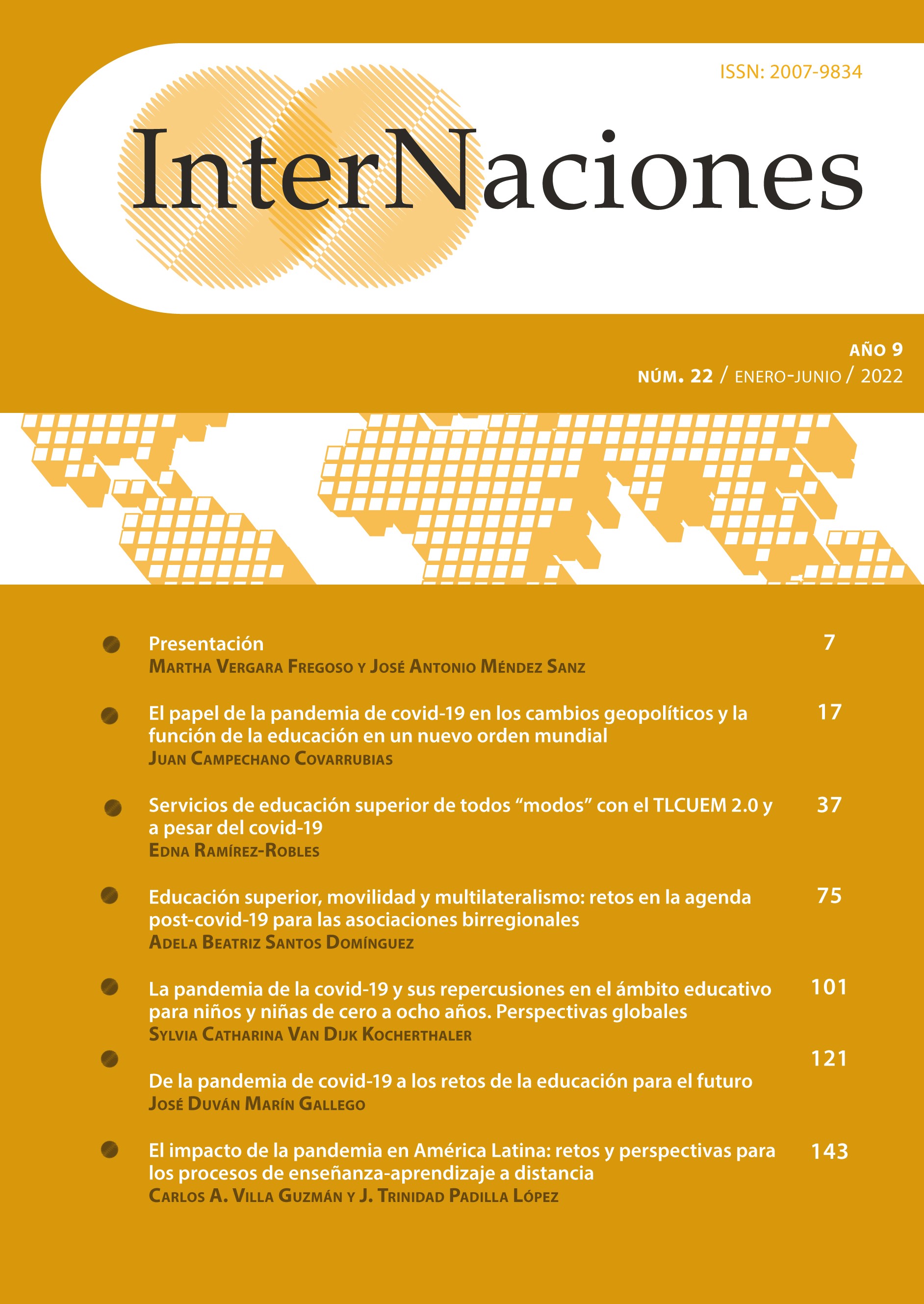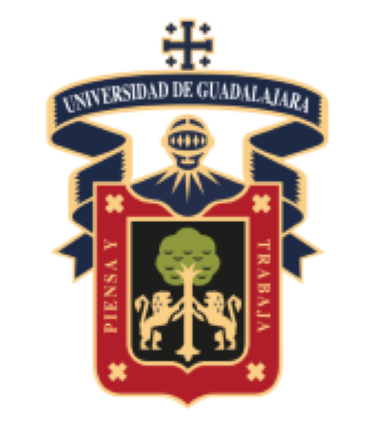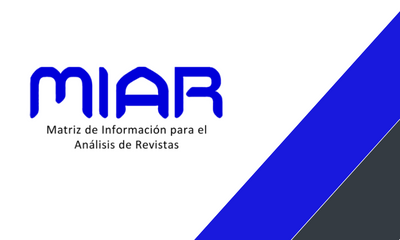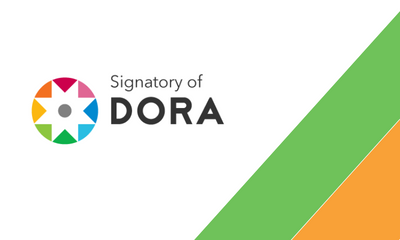The impact of the pandemic in Latin America: challenges and perspectives for distance learning processes
DOI:
https://doi.org/10.32870/in.vi22.7208Keywords:
pandemic, Covid-19, regional poverty rates, isolation, virtual work communities, distance universityAbstract
This article analyzes the impact that the covid-19 pandemic has had in Latin America until the first four months of 2021, in terms of economic factors, mainly, which has led to an exacerbation of poverty in the region, which also suffers from large educational arrears. In response, the use of technologies is suggested, even in depressed regions, which can give continuity to the study plans because they are less expensive than the infrastructure required for face-to-face teaching.Downloads
References
Aguirre R. Carlos A. (2011). La historiografía en el siglo XX. Historia e historiadores entre 1848 y ¿2025? La Habana: Instituto Cubano de Arte e Industria Cinematográficos (ICAIC).
Angenot, Marc. (2010). El discurso social. Los límites históricos de lo pensable y lo decible. Argentina: Siglo XXI editores.
Bauman, Zygmunt. (2003). Modernidad líquida. México: FCE.
Bezerra E. Pontes. (2010). A Comunidade de Trabalho e Aprendizagem em Rede (CTAR) na Facultad de Eduacao da Un B. Brasil: Editora Univeridade de Brasilia. (Traducción propia)
Corporación Latinobarómetro. (2017). Informe 2017. Banco de Datos en Línea. Argentina. http://www.latinobarometro.org/LATDocs/F00006433-InfLatinobarometro2017.pdf
Fazio, H. y Fazio, D. (2018). El tiempo y el presente en la historia global y su época. Revista de Estudios Sociales (65): 12-21. https:/doi.org/10.7440/res65.2018.02
Sánchez Díez, Á. y García de la Cruz, J. M. (2021). Coronavirus en América Latina: las cifras que muestran el brutal impacto de la pandemia en las economías de la región. BBC News Mundo. https://www.bbc.com/mundo/noticias-america-latina-56239544
Waisros Eva y de Almeida Raquel. (2010). Historia de la educación a distancia y los desafíos de una formación de profesores en Brasil. A Comunidade de Trabalho e Aprendizagem em Rede (CTAR) na Facultad de Eduacao da Un B. Brasil: Editora Univeridade de Brasilia. (Traducción propia)
Downloads
Published
How to Cite
Issue
Section
License
Copyright (c) 2021 University of Guadalajara

This work is licensed under a Creative Commons Attribution-NonCommercial-ShareAlike 4.0 International License.
CC BY-NC-SA 4.0 https://creativecommons.org/licenses/by-nc-sa/4.0/



























